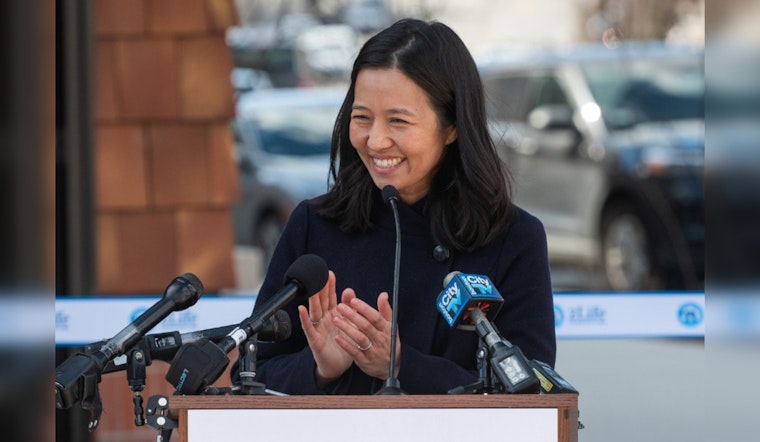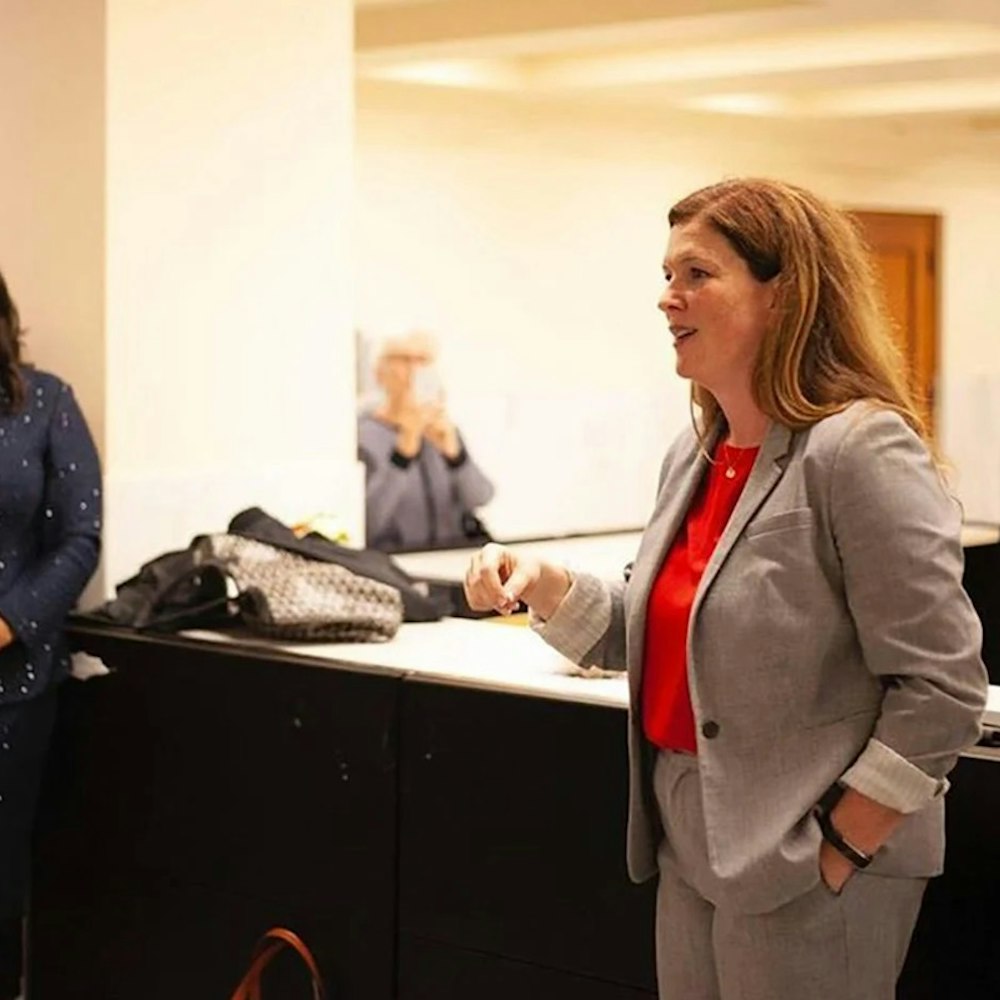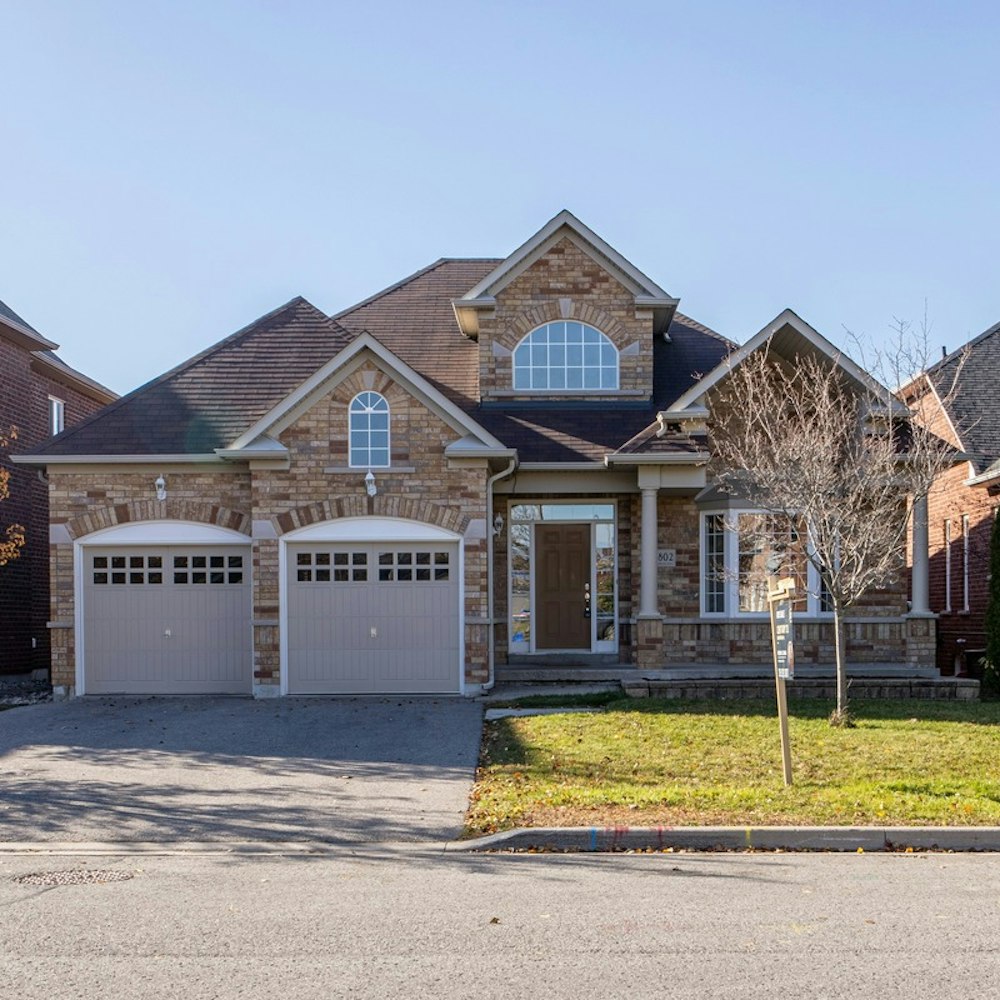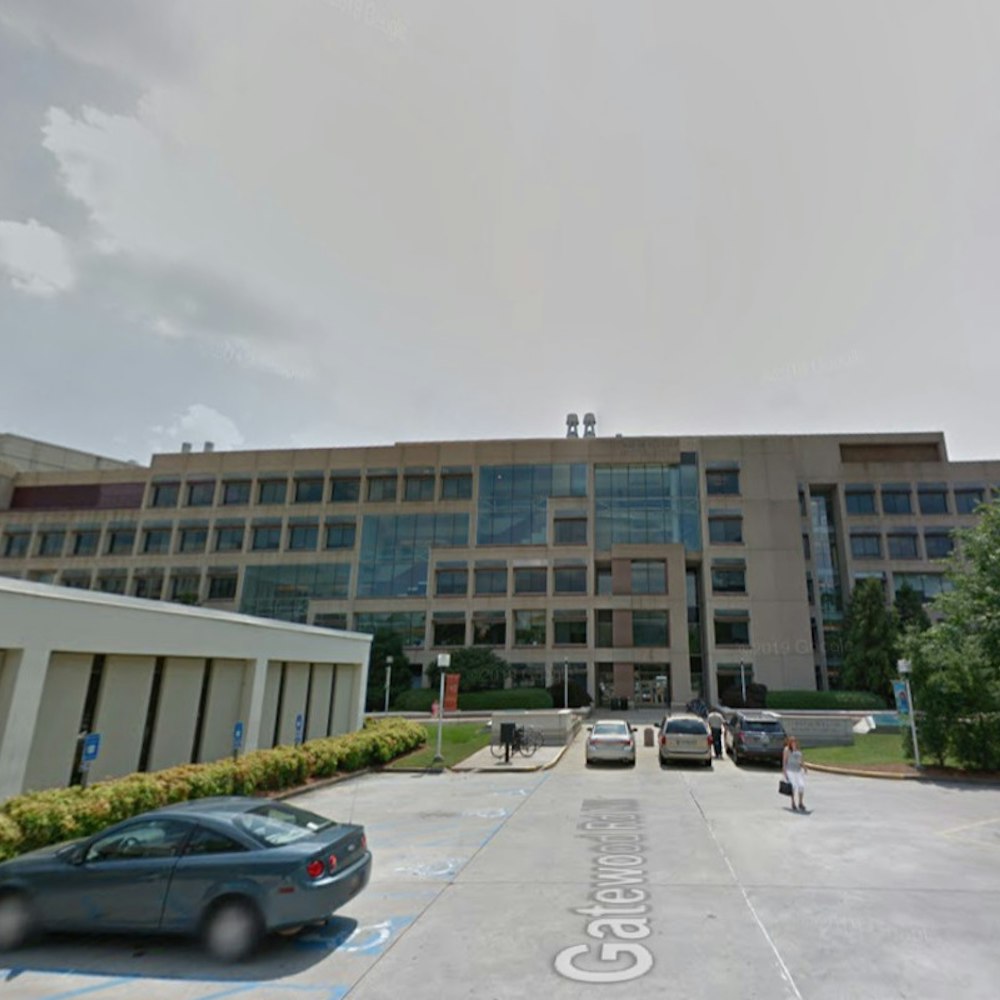
In a bold move to shield homeowners from the sting of potentially soaring property taxes, Boston Mayor Michelle Wu is pushing a home rule petition that would allow the city to adjust the tax burden, favoring residential areas if commercial property values dip. According to the City of Boston announcement, the bill aims to temporarily balance the scales by shifting a larger share of property taxes onto the shoulders of commercial and industrial property owners, thus shielding residents from an abrupt hike in living costs.
Caught in the aftermath of a pandemic that reshaped our workspaces and market trends, Boston's commercial real estate values have been on a rollercoaster, potentially catapulting residential taxes sky-high as the city scrambles to keep essential services afloat. However, Wu's proposal is designed as a revenue-neutral lifeboat to prevent this. "As Boston invests in revitalizing our downtown and commercial corridors in response to shifting market trends, we are working with all stakeholders to protect residents and homeowners against sudden and dramatic tax increases," Mayor Wu stated in a City of Boston announcement, expressing a solid commitment to community members, from seniors on fixed incomes to working families.
Under Massachusetts law, Boston has the authority to differentiate between property tax rates for residential and commercial properties, a strategy it may revise if Wu's plan clears the hurdles of City Council and the state legislature. The city could increase the classification shift to 200 percent in the first year of the legislation, then gradually reduce it back to the standard 175 percent over the following three years, providing a financial cushion during uncertain economic stretches.
Leaders in both the civic and business arenas have thrown their weight behind the proposal, underscoring the urgency of keeping Boston on even keel financially, with WinnCompanies CEO Gilbert Winn endorsing the measure as critical for the continuity of indispensable services in education, housing, and health care affecting thousands of Bostonians deeply depending on them. "This is a measured proposal that will deliver relief as the City adapts to the unprecedented changes to its existing tax base," Winn communicated, pinpointing stability as a cornerstone for Boston's trajectory of growth and innovation, as reported by the City of Boston.
Community stakeholders, from the Massachusetts Affordable Housing Alliance to neighborhood councils, have united in supporting the Mayor's foresight in averting a residential tax hike that would strain low and moderate-income families already burdened by the current housing climate. "Given the high home prices, interest rates, insurance premiums, and general housing costs, it is especially important that we act quickly to stabilize real estate taxes for our families," emphasized MAHA Executive Director Symone Crawford, asserting the value of homeownership as a steadfast foundation for families to build their futures, as stated in the City of Boston announcement.
In political maneuverings reminiscent of a historical play from 2004, Mayor Wu's current piece of legislation seeks to apply lessons from the past to today's fiscal conundrum, deliberating over each move like a chess player pondering a board laden with the fate of thousands. As the home rule petition courses through the veins of the civic process, Bostonians wait, hoping relief is on the horizon



-2.webp?w=1000&h=1000&fit=crop&crop:edges)





